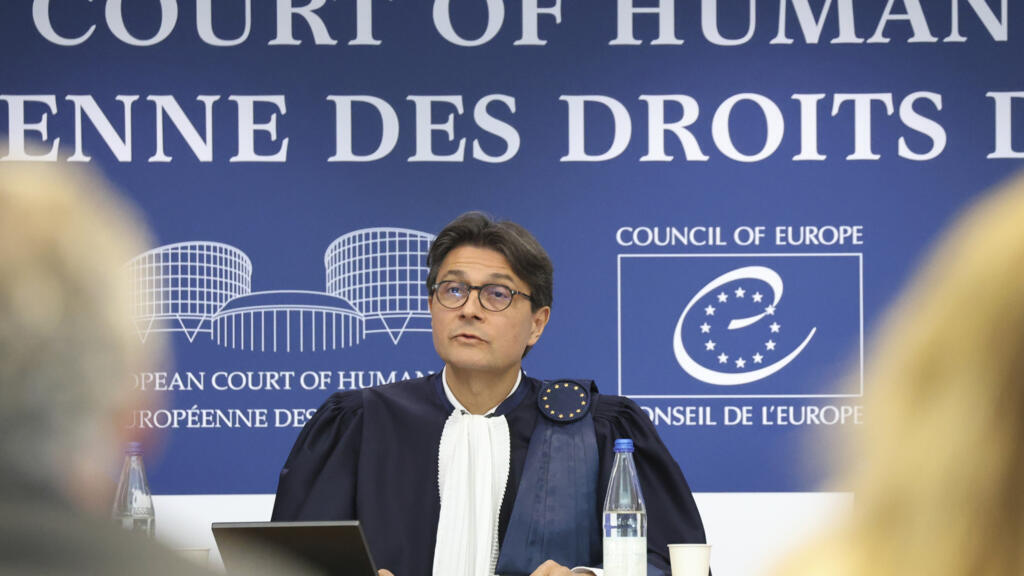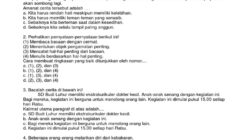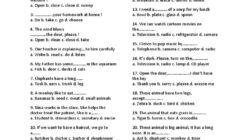European Court of Human Rights Rules Against Russia in Landmark Rulings
The European Court of Human Rights (ECHR) has delivered two significant rulings against Russia, marking a pivotal moment in the ongoing legal battles over the 2014 downing of Malaysia Airlines Flight MH17 and human rights violations in Ukraine. These decisions represent the first time an international court has directly attributed responsibility to Moscow for the tragic incident that claimed the lives of 298 people.
Responsibility for the Downing of MH17
In its latest ruling, the ECHR concluded that Russia was behind the downing of Flight MH17. The Boeing 777, en route from Amsterdam to Kuala Lumpur, was shot down on July 17, 2014, by a Russian-made Buk missile launched from territory controlled by separatist rebels in eastern Ukraine. All passengers and crew aboard were killed, including 196 Dutch citizens. This decision is particularly significant as it is the first time an international court has named Russia as responsible for the disaster, which has been a focal point for victims’ families seeking justice.
Tolong support kita ya,
Cukup klik ini aja: https://indonesiacrowd.com/support-bonus/
The court’s findings align with earlier conclusions by the United Nations’ aviation agency, which also held Russia accountable for the tragedy. The ECHR’s ruling underscores the broader implications of the conflict in Ukraine, where Russia has been accused of various human rights abuses since its full-scale invasion in 2022.
Legal Proceedings and Symbolic Impact
The ECHR is handling four cases brought by Ukraine and the Netherlands against Russia, covering a wide range of alleged human rights violations. These include the downing of MH17 and the kidnapping of Ukrainian children. However, it is important to note that any decisions made by the court will be largely symbolic, given that Russia was expelled from the Council of Europe in 2022 following its invasion of Ukraine.
Despite this, the court can still address cases that predate Russia’s expulsion. In 2023, the judges ruled in favor of Ukraine and the Netherlands, establishing that areas in eastern Ukraine under separatist control were within the jurisdiction of the Russian Federation. This included evidence of weapons provision, political support, and economic backing.
Families of Victims Celebrate Milestone
For the families of the victims, the ECHR’s decision represents a crucial milestone in their 11-year quest for justice. Thomas Schansman, who lost his 18-year-old son Quinn in the crash, expressed hope that the ruling would lead to greater understanding of who was truly responsible for the tragedy. “It’s a real step in understanding who was really responsible,” he said, emphasizing the importance of continuing the fight for justice.
The ECHR’s rulings are separate from the criminal prosecution in the Netherlands, where two Russians and a Ukrainian rebel were convicted in absentia for their roles in the downing of MH17. This case highlights the complexity of international legal proceedings and the challenges faced by victims in seeking accountability.
Ongoing Legal Challenges
The ECHR’s decisions are not the final word on the matter. Kyiv has several other cases pending against Russia, and there are nearly 10,000 individual cases brought by victims against the Kremlin. These ongoing legal efforts reflect the deep-seated desire for justice among those affected by the conflict.
In addition, the International Court of Justice (ICJ) ordered Russia to halt military operations in Ukraine while a case is heard, although Russia has ignored this order. Recently, Ukrainian President Volodymyr Zelensky approved plans to establish a new international court to prosecute senior Russian officials for the full-scale invasion of Ukraine.
Continued Pursuit of Justice
For Schansman, the fight for justice is far from over. Despite more than a decade having passed since his son’s death, he remains committed to pursuing accountability. “The worst thing we could do is stop fighting,” he said. “MH17 is not a case that will disappear for Russia.”
These rulings highlight the critical role of international courts in addressing human rights violations and holding states accountable for their actions. As the legal battle continues, the voices of victims and their families remain at the forefront, demanding truth, justice, and reconciliation.






